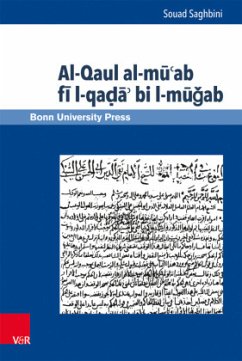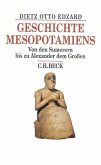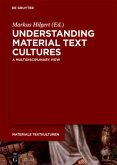Eine Frau stiftete ein Haus zugunsten ihres Sohnes und dessen Nachkommen und gab dafür einen iqrar ab. Sie erklärte darin, dass es sich in ihrer Hand und in ihrem Eigentum befinde, dass es ihr zur Verfügung stehe und dass sie sich die Aufsicht darüber vorbehalte. Der zuständige Hakim urteilte über den »mugab ihres iqrar«. Welche Wirkung hat dieses Urteil? Ist es gültig? Was bedeutet »der mugab des iqrar?« Und was heißt »der mugab« überhaupt? Warum fällte der Hakim kein Urteil über die Rechtsgültigkeit des gestifteten Objekts? Und welche Rolle spielte die Beglaubigung in diesem Urteil? Mit diesem umstrittenen Urteil und anderen Fragen beschäftigte sich der Imam und Oberkadi Taqi ad-Din Abu l-Hasan Ali as-Subki in dieser Handschrift »al-Qaul al-muab fi l-qada_ bi l-mugab.«
The responsible Hakim passes judgement on the "mugab of her iqrar". What impact does this judgement have? Is it valid? What does "mugab of the iqrar" mean? And what in fact does "mugab" mean? Why does the Hakim not pass judgment on the legal validity of the endowment? And what role does the notarization play in this judgement? Taqi ad-Din Abu l-Hasan Ali as-Subki, Imam and Supreme Cadi, addresses this controversial judgement as well as other issues in this manuscript " al-Qaul al-muab fi l-qada_ bi l-mugab".
The responsible Hakim passes judgement on the "mugab of her iqrar". What impact does this judgement have? Is it valid? What does "mugab of the iqrar" mean? And what in fact does "mugab" mean? Why does the Hakim not pass judgment on the legal validity of the endowment? And what role does the notarization play in this judgement? Taqi ad-Din Abu l-Hasan Ali as-Subki, Imam and Supreme Cadi, addresses this controversial judgement as well as other issues in this manuscript " al-Qaul al-muab fi l-qada_ bi l-mugab".








